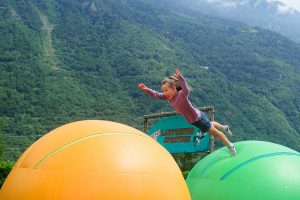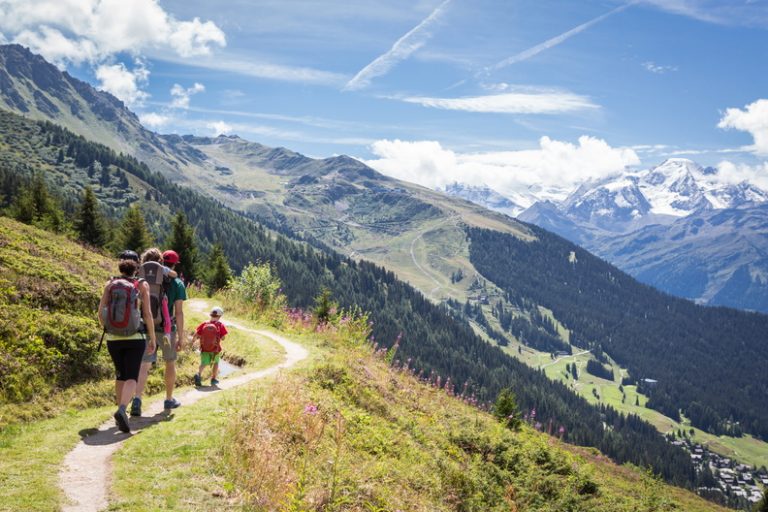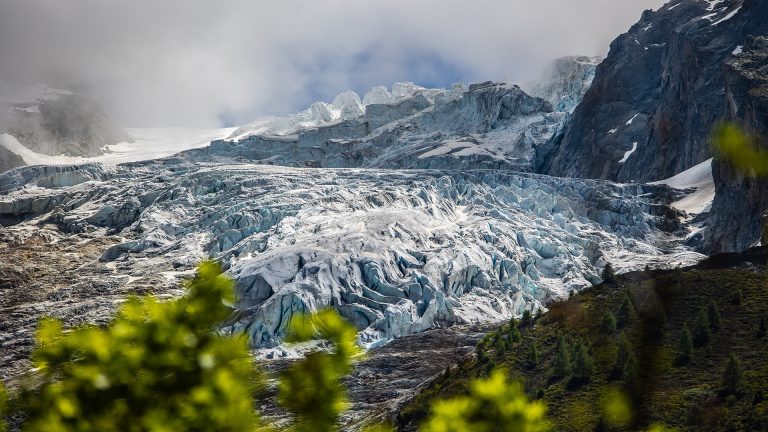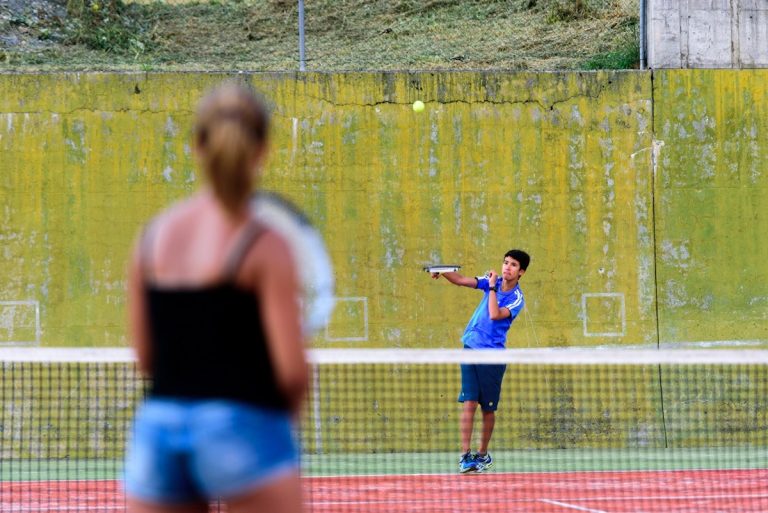Summer camps are a fantastic way for children and teenagers to spend the long summer holidays and provide a supervised programme away from home. Campers can learn new skills as well as building resilience, self-sufficiency and independence. It’s time to discover what summer camps in Europe are about!
For over a century, summer camps have been a big part of summer culture in the United States, and in recent decades summer camps in Europe have become increasingly popular too, with more parents and children enjoying the huge benefits a summer at camp can provide.
What Makes A Good Summer Camp?
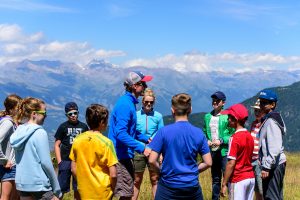
There are so many summer camps in Europe to choose from, it can be hard to know which are the best camps, and to make a decision on where to send your child or teenager. You might be sending your child to camp for the first time, looking to send them to a different camp to have a new experience, or they may have outgrown their old camp.
Trust
If you are looking at a residential or overnight camp abroad, you may not even visit the country the camp is in, let alone the camp itself, so you want to have a great deal of trust that your child is in good hands. This starts from the booking process; make sure you’re able to ask any questions you have and feel reassured that you have good communication with the camp.
Activities
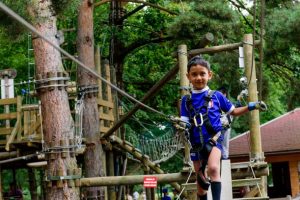
Take a look at what activities the camp offers, how these are structured and if there is a range that appeals to your child. The idea of most camps is that children will learn new skills from the activities and try something different, so it doesn’t always have to be things they’ve done before! Unless you’re looking specifically for an academic or summer school programme, try and stay away from things your child feels is too much like school. Activities should be interspersed with rest or down-time through the day to relax, have fun with new friends and give you a call or write a letter to let you know how they’re getting on!
Experienced Staff
It’s important to ensure that kids are well looked after, supervised and feel safe in order to make sure they get the most out of their camp experience. Staff should be experienced with children of the age group they’re working with, first aid qualified, and enthusiastic and motivated to work with children. Older children and teenagers, in particular, will often view their camp counsellors or activity leaders as role models, take advice from them and want to hang out and spend time with them, so a good camp has staff that feel the same.
Fostering Independence & Responsibility
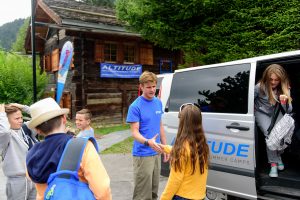
The original idea behind summer camp was for children to develop self-sufficiency, independence and build confidence away from their traditional school and home environments. This is still an important part of all summer camps today, and a good camp should allow children to forge a strong sense of self, confidence in their abilities to adapt to new environments, try new things and make new friendships, the value of which can’t be overstated as they face challenges in growing older. Small things such as a sense of achievement on trying something new, helping clearing away at activities, taking responsibility for their own possessions, or choosing the best outfits for activities all form part of this.
Activities at Summer Camps in Europe
Depending on where in Europe the summer camp is based and what facilities the camp has will determine what activities are offered to the campers. Some camps will be city-based, some beach-based or some in the mountains or by a lake.
Sports
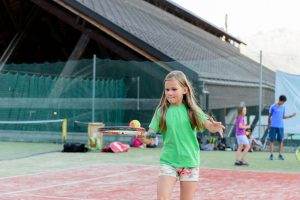
Camps in Europe offer a variety of sports, with tennis, football, rugby, swimming, basketball, golf, volleyball, climbing, high ropes courses and biking all forming big parts of many camp programmes. Most camps will offer a programme on a rotational basis so children get to try new things, or some specialised camps may offer specific training to kids looking to build up their abilities in tennis for example.
…and more sports
Water sports are a big one for activity camps in Europe, and the warm summer months make for perfect weather for swimming, sailing, water-skiing or wakeboarding, kayaking, paddle-boarding or even learning to surf. If you’re after a camp that offers watersports, make sure it’s located by a lake or on the beach and that all activity leaders are fully qualified in their chosen activities.
Games & Outdoor Activities
Activities at adventure camps include those that many associate with camp, that are devised to get kids outdoors and into nature, fostering a love for the natural environment. Many European countries are very proud of their outdoors, and inspiring the next generation is part of their goal. Activities can include things like orienteering, hiking, ropes courses, climbing, mountain biking, canyoning, rafting, fire building and more.
Excursion Days
Day trips, days out and time to explore are often great parts of a camp programme. For camps with large campuses, this may be reserved for older children going on expedition days, or trips to the local towns or cultural sports. For those in more central and accessible locations, visiting different locations is likely to be part of the every day camp programme, some locations nearby and some further afield.
Speciality Camps
Don’t forget about speciality camps, especially if your child has a particular passion or hobby they’d like to improve and meet like-minded kids. This includes things like dance, technology camps such as space or robotics, music camps and more.
Learning A Language At Camp
Language camps for children, teenagers and even families are offered in most European countries, due to the diversity of the languages spoken on the continent. Visiting a country to learn the native language at a camp is a fantastic option for many kids, who may need to learn the language as preparation for a family move to a new country, for school or an upcoming university place, or simply to improve their skills.
Why Learn A Language At Camp?
Visiting a country to learn that language, visit famous sites, learn about the food and culture as well as interacting with locals can be an inspiring and motivational way to learn a new language. Students also have the opportunity of experiential learning, speaking to native speakers, learning their language by interacting with other children in their new language or using it in shops and everyday life in the country they are visiting.
Types Of Language Camp
Language camps often offer different programmes. This can differ from camps with language classes in the morning, and activities in the afternoon, right through to intensive language camps. There may be options within the camp of how many hours of language lessons to sign up to, or this may be fixed for each camp.
A language programme is recommended especially if your child has no experience in a language, as full immersion may be a bit intimidating and trickier for camp staff to manage, especially with older children. Interspersed with fun more traditional summer camp activities such as sports, games, and free-time with friends, a language camp can be a fantastic option for many children.
Intensive Language Camps
Some camps may offer intensive language training, mainly for older children and teens, which focus on language training, again, often combined with language immersion. This is often best suited to those going through exams at school or college in that language who want focused language tuition rather than a summer camp experience. These camps are likely still to offer some activities or trips, but don’t have a focus on more ‘traditional’ summer camp activities.
Language Immersion Camps
To have an immersive language experience, your child may not even need to attend a camp with a specific language programme. Have a look at the language the camp is run in and the language the staff will be speaking. You may decide you want to send your child to a summer camp without specific language classes but instead run in the language they need to learn or improve, where they can learn a language by assimilation and experiential learning. Europe is the perfect place to do this, as camps are often run in the native language of the country, and international camps are often run in English.
Best European Countries For Summer Camps
Every country has something different to offer, so to narrow your search we’ve put a few of our favourite countries and regions below.
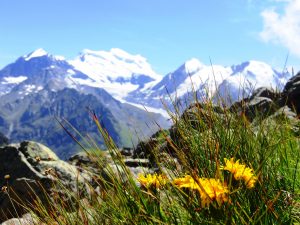
Switzerland
Famously mountainous Switzerland is a huge draw for visitors year round! Adventure camps here get to make the most of the mountains, glacial lakes and incredible landscape. Ideal for language camps, Switzerland counts amongst its national languages French, German, Italian, Romansch as well as English being widely spoken in the international community. Its accommodation and food standards are very high due to the clients it caters for.
Our favourite region: Valais for its incredible mountain resorts, and Vaud for it’s amazing lake-side beaches and water sports.
France
France has it all, from coastal regions to famous cities. It’s a great option for those looking to learn French, and is filled with culture, great beaches and famous landmarks. It can be a cheaper alternative to some other countries, still with the amazing alpine regions, and love for the outdoor European lifestyle.
Our favourite region: Paris is a bit hot for us in summer, so we prefer the Cote d’Azur for its great beaches and summer glamour, or Biarritz for language and surf camps.
Germany
An obvious choice for those looking to improve their German skills, but the country also has its share of adventure camps too. There tends to be less choice of camps in Germany, as it hasn’t risen in popularity in the same way as other camps in Europe, but there are still some great adventure and language camps to choose from.
Our favourite region: Bavarian forest for outdoor adventure and wilderness exploration.
United Kingdom
Very popular amongst locals for day camps, and for those abroad for the famous cities of Oxford and London for learning English! There are also some great activity camps scattered across the country, but the weather is a bit less dependable than most of Europe in the summer! Accommodation is often a bit more basic when looking at residential facilities, but this varies between companies.
Our favourite region: Oxford for incredible architecture and history and world-class English camps, or Cornwall for its incredible ice-cream, beaches and cliff-top landscapes.
Spain
More popular for language courses, and camps with watersports, Spain can get pretty hot in the summer months! A lot of the language camps are city-based, meaning less outdoors available to kids and ‘real camp’ feeling, but food and immersion into the wonderful Spanish culture are unparalleled elsewhere for Spanish learners, and camps offer great value.
Our favourite region: beach and adventure camps in Puerto de Santa María for a mix of languages, sun and sea!

